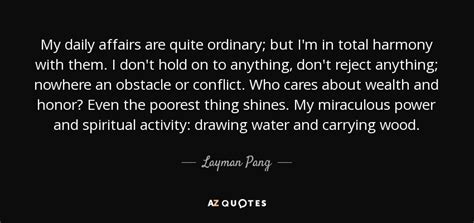A Quote by Helen Dunmore
Those who try to obliterate the past are injuring the present.
Quote Topics
Related Quotes
Civilization is an active deposit which is formed by the combustion of the Present with the Past. Neither in countries without a Present nor in those without a Past is it to be encountered. Proust in Venice, Matisse's birdcages overlooking the flower market at Nice, Gide on the seventeenth-century quais of Toulon, Lorca in Granada, Picasso by Saint-Germain-des-Prés: there lies civilization and for me it can exist only under those liberal regimes in which the Present is alive and therefore capable of assimilating the Past.
My concern today is with the painting of manners of the present. The past is interesting not only by reason of the beauty which could be distilled from it by those artists for whom it was the present, but also precisely because it is the past, for its historical value. It is the same with the present. The pleasure which we derive from the representation of the present is due not only to the beauty with which it can be invested, but also to its essential quality of being present
We learn in the past, but we are not the result of that. We suffered in the past, loved in the past, cried and laughed in the past, but that's of no use to the present. The present has its challenges, its good and bad side. We can neither blame nor be grateful to the past for what is happening now. Each new experience of love has nothing whatsoever to do with past experiences. It's always new.
But the past does not exist independently from the present. Indeed, the past is only past because there is a present, just as I can point to something over there only because I am here. But nothing is inherently over there or here. In that sense, the past has no content. The past - or more accurately, pastness - is a position. Thus, in no way can we identify the past as past
We human beings have enormous difficulty in focusing on the present; we always thinking about what we did, about how we could have done it better.... or else we think about the future, about what we're going to do.... But at this precise moment, you also realize that you can change your future by bringing the past into the present. Past and future only exist in our mind. The present moment, though, is outside of time, it's Eternity.... It isn't what you did in the past the will affect the present. It's what you do in the present that will redeem the past and thereby change the future.
art is the most general condition of the Past in the present. ... Perhaps no work of art is art. It can only become art, when it is part of the past. In this normative sense, a 'contemporary' work of art would be a contradiction - except so far as we can, in the present, assimilate the present to the past.




































